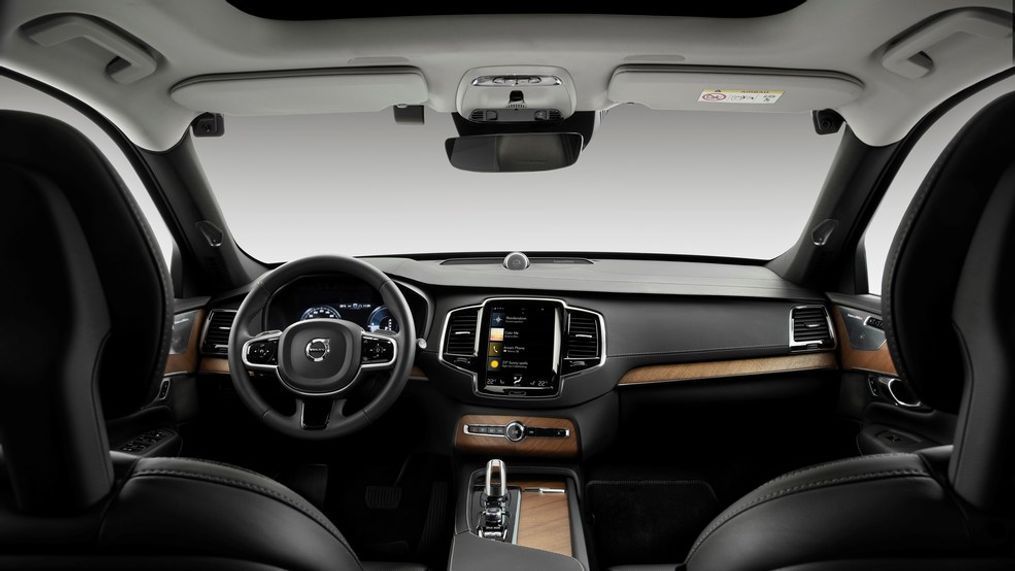Volvo's in-car cameras will spot, slow or stop drunk or distracted drivers

New Volvos built within the next five years may include cameras pointed at the driver to spot drunk or distracted driving and potentially stop the car, the automaker announced Wednesday in Sweden.
Volvo safety engineers said it may be automakers that are ultimately responsible for curbing fatal crashes that involve impaired or distracted drivers.
“There are many accidents that occur as a result of intoxicated drivers,” Trent Victor, a senior safety official at Volvo, said in a statement. “Some people still believe that they can drive after having had a drink, and that this will not affect their capabilities. We want to ensure that people are not put in danger as a result of intoxication.”
The cameras pointed at the driver will detect eye movement and where the driver might be looking in the car. Volvo said if the cameras and sensors detect inattention or intoxication, the car may alert the driver and slow down. From there, if the driver doesn't respond, a Volvo representative will call into the car to check on the driver. If the driver doesn't respond, the representative can instruct the car to park itself and notify emergency responders.
Volvo said it hasn't yet decided if the feature can be disabled by drivers or what would happen if owners obstructed the view of the cameras.
Volvo expects the in-car cameras will be included on cars built early next decade, including the XC90 crossover SUV, which Volvo has said will be Level 4 self-driving capable. The new XC90 will be produced at the automaker's new assembly plant near Charleston, South Carolina beginning in 2021.
More than a decade ago, Volvo announced its plan to reduce or eliminate deadly crashes in its cars by 2020. Called Vision 2020, the automaker has introduced driver-assistance features including automatic emergency braking, active lane control, and speed limit recognition on most of its new cars.
Earlier this month, Volvo announced that it would limit the top speed to 112 mph in 2021 and newer cars.
Read more from Internet Brands Automotive:
- 2020 Porsche Cayenne Coupe: Jumping on the fastback SUV bandwagon
- New Chevrolet electric car coming, $300M investment in Michigan plant
- 2020 Genesis GV80 spy shots and video
- The story behind Porsche's stunning 917 tribute concept
- Volvo CEO says safety comes first, even if it sounds like Big Brother
